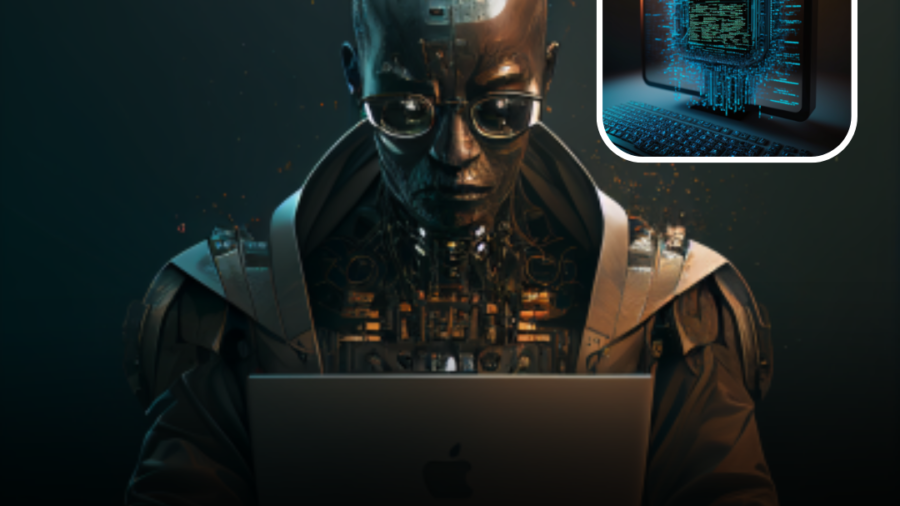By Oluwaseun Olaegbe
Artificial intelligence (AI) has the potential to fundamentally transform the way we live and work, and it is already beginning to play a significant role in a wide range of industries. From healthcare and transportation to education and entertainment, AI is changing the way we approach problems and find solutions, and it is only going to become more prevalent in the years ahead.
One of the most significant ways that AI is changing the world is by automating tasks that were previously done by humans. This can lead to increased efficiency and productivity, as machines are able to work faster and more accurately than humans in many cases. For example, in manufacturing, AI can be used to automate processes such as quality control, which can lead to fewer defects and faster turnaround times. Similarly, in the healthcare industry, AI can be used to analyze medical images and assist with diagnoses, freeing up doctors to focus on other tasks.
Another way that AI is changing the world is by providing decision support and assisting with complex problem-solving. AI algorithms can analyze vast amounts of data and make predictions or recommendations based on that data, which can be incredibly valuable in a variety of contexts. For example, in finance, AI can be used to analyze market trends and make investment recommendations, while in the energy sector, AI can be used to optimize power grids and reduce energy consumption.
AI is also starting to play a role in the transportation industry, with the development of self-driving cars and trucks. These vehicles use a combination of sensors, cameras, and AI algorithms to navigate roads and make decisions about how to respond to various stimuli. While there are still many challenges to overcome before self-driving vehicles become widespread, they have the potential to revolutionize the way we think about transportation and mobility.
In addition to its practical applications, AI is also changing the way we interact with technology and each other. With the development of virtual assistants like Amazon’s Alexa and Apple’s Siri, it is becoming increasingly common for people to use voice commands to interact with their devices. These virtual assistants use AI to understand and respond to spoken requests, making it easier and more convenient for people to access information and perform tasks.
AI is also being used to create more immersive and interactive entertainment experiences. For example, companies like Netflix and Spotify use AI to recommend movies and songs to users based on their past preferences, while video game developers are using AI to create more realistic and dynamic in-game environments.
One area where AI has the potential to have a particularly transformative impact is education. AI-powered tutoring platforms can provide personalized learning experiences for students, adapting to each individual’s needs and abilities and providing tailored feedback and support. This could revolutionize the way we think about education and make it more accessible and effective for everyone.
However, it is important to recognize that AI also has the potential to disrupt industries and displace jobs. As AI becomes more advanced and able to perform tasks that were previously done by humans, it is likely that some jobs will be automated out of existence. It will be important for governments, businesses, and individuals to proactively address this potential disruption and ensure that people are equipped with the skills and resources they need to adapt to a changing job market.
In conclusion, AI is changing the world in a number of significant ways, from automating tasks and providing decision support to improving entertainment and education. While there are certainly challenges to be addressed, the potential benefits of AI are enormous, and it is likely to play an increasingly important role in our lives in the years ahead.

Add a Comment